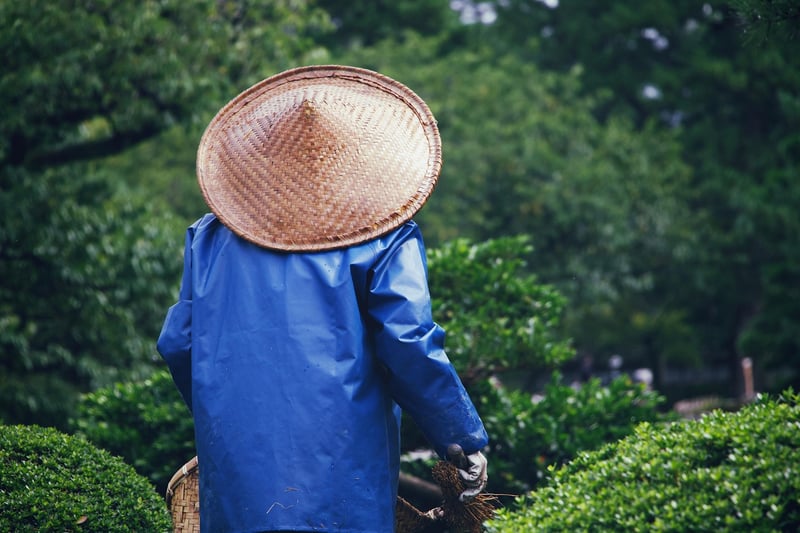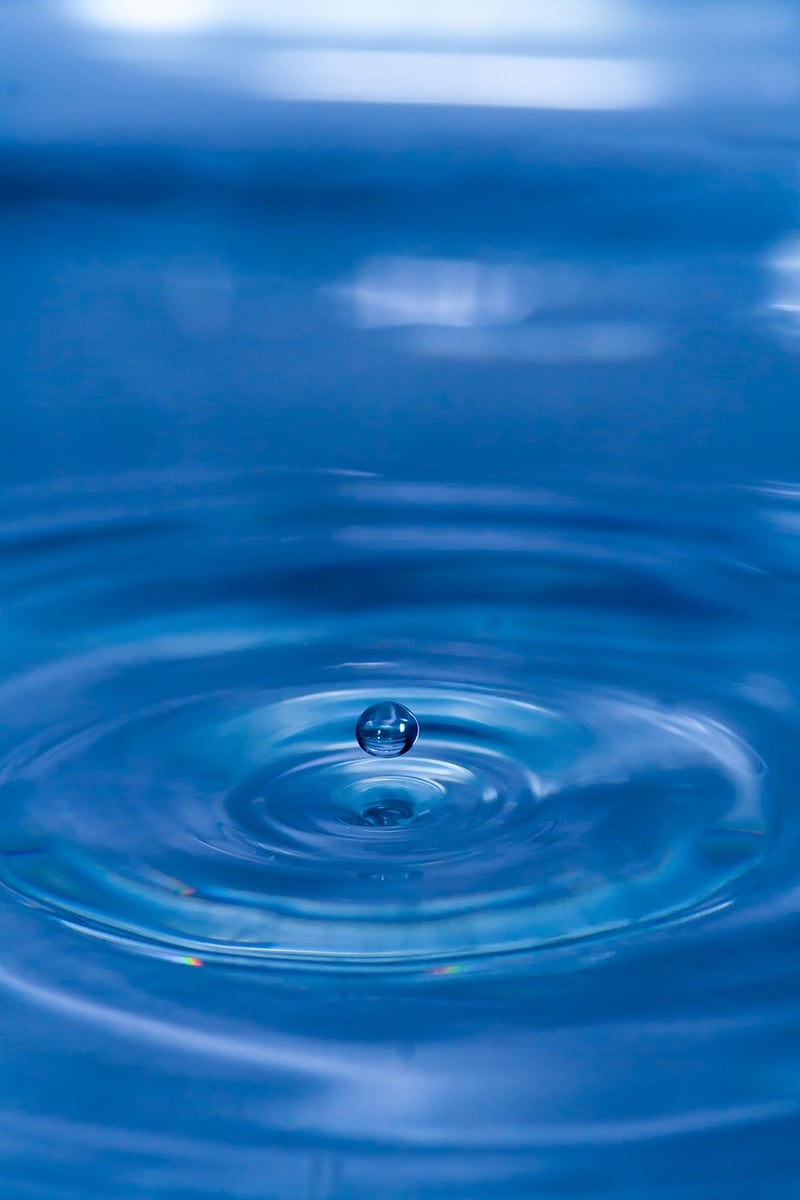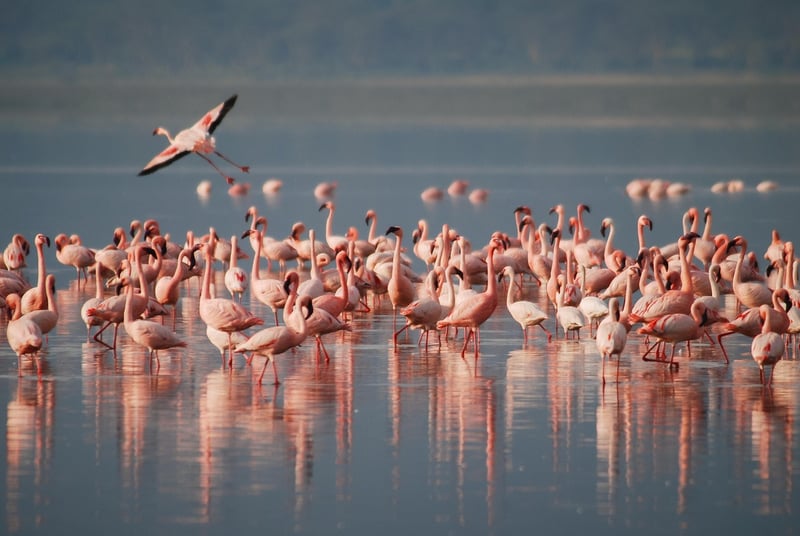Water Conservation
Environmentally Friendly Gardening and Water Conservation

Creating a sustainable garden not only benefits the environment but also contributes to water conservation efforts. By implementing eco-friendly practices in your garden, you can reduce water usage and promote biodiversity. Here are some tips for environmentally friendly gardening and water conservation:
1. Choose Native Plants
Opt for native plants in your garden as they are well-adapted to the local climate and require less water compared to exotic species. Native plants also support local wildlife and pollinators.
2. Mulch Your Garden
Applying mulch around plants helps retain soil moisture, reduces evaporation, and suppresses weed growth. Organic mulches like wood chips or compost also improve soil health over time.
3. Collect Rainwater
Set up a rainwater harvesting system to collect and store rainwater for watering your garden. This reduces the reliance on municipal water sources and provides a natural water supply for your plants.
4. Practice Drip Irrigation
Install a drip irrigation system to deliver water directly to the roots of plants, minimizing water wastage through evaporation or runoff. Drip irrigation is efficient and ensures that water is used where it is needed most.
5. Compost Kitchen Scraps
Composting food scraps and garden waste not only reduces landfill waste but also enriches the soil with nutrients. Healthy soil retains moisture better, reducing the need for frequent watering.

6. Use Water-Saving Techniques
Employ water-saving techniques such as xeriscaping, which involves designing landscapes that require minimal water, and using water-efficient irrigation methods like soaker hoses or micro-sprinklers.
7. Monitor Water Usage
Regularly check for leaks in hoses or irrigation systems and adjust watering schedules based on weather conditions. Avoid overwatering plants, as it can lead to water wastage and harm plant health.
8. Create a Wildlife-Friendly Habitat
Encourage biodiversity in your garden by creating habitats for birds, bees, and beneficial insects. A diverse ecosystem helps maintain a healthy balance and reduces the need for chemical pesticides.
By incorporating these practices into your gardening routine, you can promote environmental sustainability, conserve water resources, and create a thriving garden that benefits both you and the planet.
Start your environmentally friendly gardening journey today and make a positive impact on the environment!
